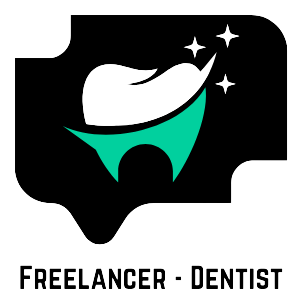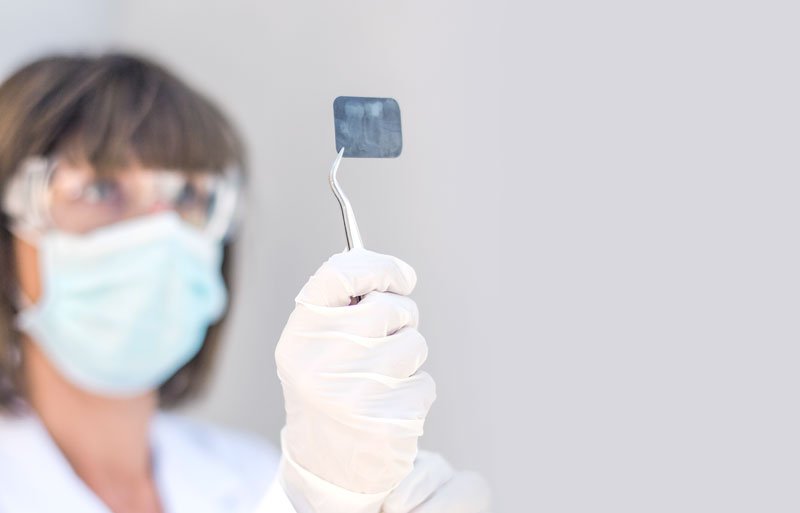Cleaning & Prevention
Exams, Cleaning, X-Rays, & Sealants
First-Time Patient?
Consultation, Exam, x-rays, and Cleaning
Digital X-Rays
Digital X-rays provide an 80% reduction in radiation exposure compared to standard dental film, and do not require any hazardous chemicals. Using this technology, our dentists can view, magnify, and electronically store high-quality images of your teeth, roots, and jaws.
Amalgam Separator
When we remove silver dental fillings from our patients, this system captures the metal material, which includes trace amounts of mercury, and keeps it from contaminating the environment.
Brushing & Flossing
Flossing contributes to good dental hygiene because it lifts and removes plaque and food in between your teeth. Brushing also removes plaque and food debris, but the bristles of a toothbrush can’t reach deep in between teeth to remove it all. Therefore, flossing helps keep your mouth as clean as possible.
Paperless Charting
Our “chart-free” office has used Electronic Medical Records (EMR) since 2004 to streamline communication and provide better security, as well as a more environmentally friendly solution.
Home Care Tips
Drink fluoridated water and brush with fluoride toothpaste. Practice good oral hygiene. Brush teeth thoroughly twice a day and floss daily between the teeth to remove dental plaque. Visit your dentist at least once a year, even if you have no natural teeth or have dentures.
Sealants
Dental sealants are thin, plastic coatings that seal over the narrow grooves found on the chewing surfaces of back teeth (molars and premolars).
Exams & Cleanings
A dental examination can either be a specific check-up for your ongoing dental problem or a regular dental check-up of your oral health, including scanning for tooth decay, gum disease, cavities, oral cancer, and other dental conditions. Some dentists even emphasize getting dental x-rays to analyze inconspicuous areas to the naked eye.
Dental X-Rays
Dental X-rays (radiographs) are images of your teeth that your dentist uses to evaluate your oral health. These X-rays are used with low levels of radiation to capture images of the interior of your teeth and gums.
Frequently Asked Questions
How often should I have x-rays taken?
People with healthy teeth and gums usually need new X-rays every year. But you might need more frequent X-rays if you’re prone to cavities or gum disease.
What foods should I avoid
- Deep-fried foods, such as French fries, fried patties, chips, and fried chicken or fish or chicken fingers.
- Foods with added sugar, which increases empty calories.
Why do my teeth feel so sensitive all of a sudden?
- Exposure to extreme hot or cold
- Gum recession
- Tooth decay
- Gum disease
- Cracked tooth or crown
- Sinus infection
What are the common signs that I need to see a dentist?
- Bleeding after brushing or flossing
- Receding gums
- Dry mouth
- Loose or shifting teeth
- Bumps and sores
- Toothache

Book An Appointment

Call: +91 70109 72090
coimbatore

Working Hours
Monday-Saturday 8am-5pm.

Free Consultation
Book your Appointment

